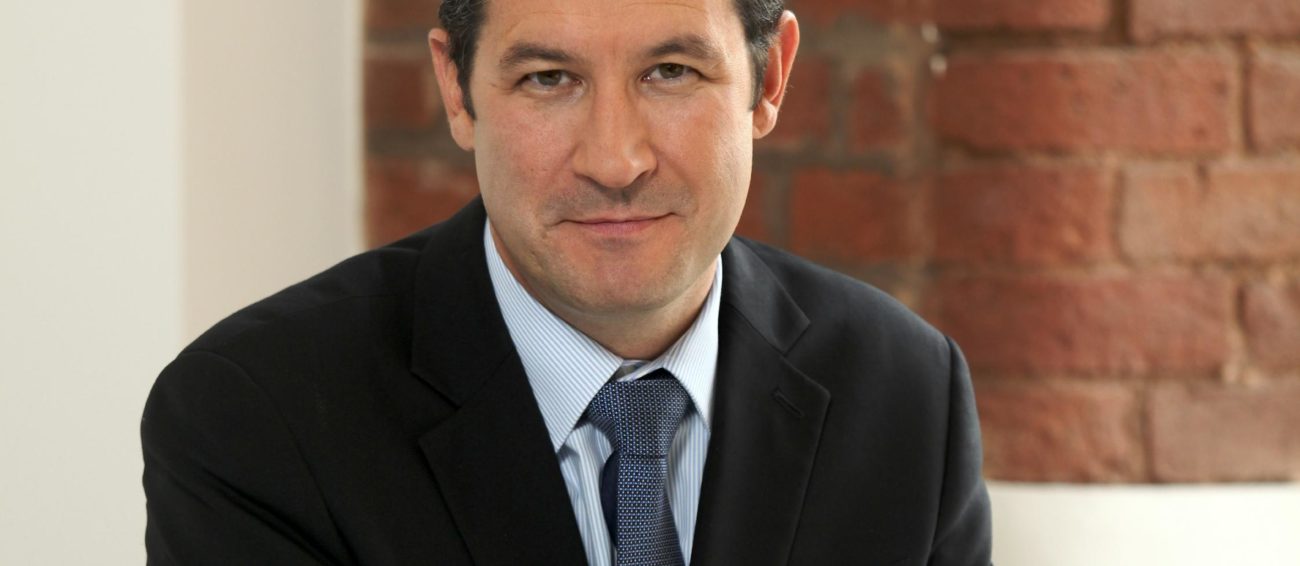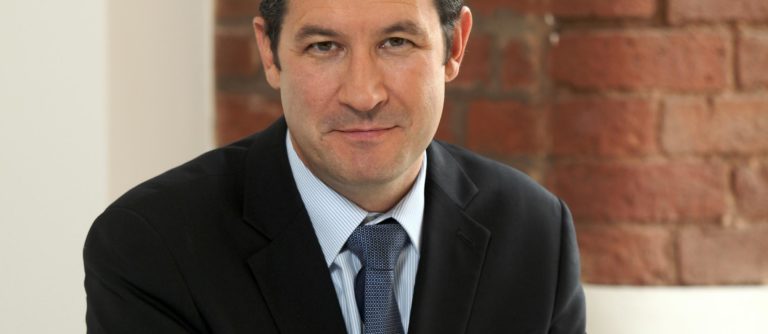The mental and physical wellbeing of employees will be the biggest HR challenge for businesses in the next 12 months, as concerns grow about the welfare of remote workforces.
More than half of HR professionals (55%) admit that the issue will be the main focus in the year ahead, with an overwhelming 83% saying they have concerns about the overall mental wellbeing of employees as a result of the pandemic.
According to our survey of HR professionals, carried out during a recent HR Forum, managing the ongoing COVID response, including the Coronavirus Job Retention Scheme (CJRS), redundancies and health and safety, was also a significant HR obstacle. Furthermore, managing change for future working ranked highly amongst HR professionals, as they continue to adjust to a new hybrid of home and office working, the impact on wellbeing, recruitment, flexible working and performance management.
The survey found that a significant number of respondents planned to make permanent operational changes in 2021, as a result of their lockdown experience, with nearly half (44%) intending to introduce flexible working, and a further 44% looking at a working from home model.
Jack Harrington, partner and employment lawyer at Pannone Corporate, commented: “The workplace has changed beyond recognition in the last 12 months, with what were sometimes seen previously as peripheral HR issues being brought to the fore as a result of the pandemic.
“Unsurprisingly, the majority of HR professionals (94%) anticipate an increase in flexible working requests as restrictions are gradually lifted, with nearly half (44%) planning permanent changes to contracts of employment or HR policies, as businesses continue to adjust to the new ways of working that COVID-19 has forced many employers to adopt.”
Currently, all employees have the legal right to request flexible working – not just parents and carers. Employees must have worked for the same employer for at least 26 weeks to be eligible for making a ‘statutory application’. However, campaigners, including employment and discrimination barristers Ijeoma Omambala QC and Rebecca Tuck QC, presented their ‘Flexible Working Beyond a Crisis’ report, funded by Sir Robert McAlpine, to the Law Commission last month. This follows a six-year campaign to make flexible working a right for everyone from day one.


